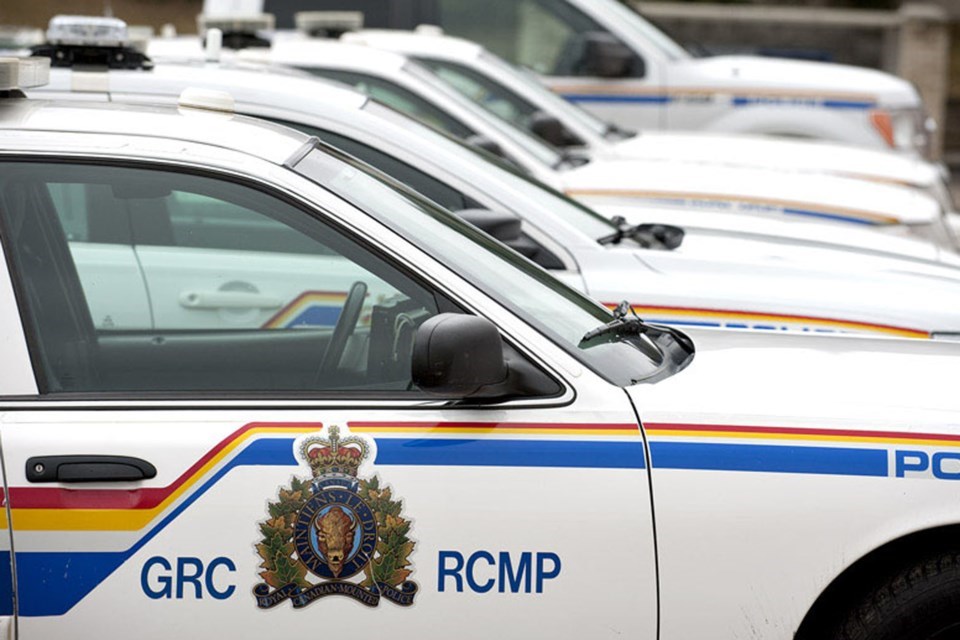ATHABASCA – Local municipal governments are going to feel a little less fiscal pressure in 2025 thanks to an announcement from the province that will cover the RCMP’s increased fees.
In a Nov. 6 press release, the provincial government announced it would be enacting a one-year pricing freeze for municipal districts, counties, and urban municipalities under 5,000 residents that were facing a large rise in policing costs.
“The expiring regulation would have municipalities seeing a 39 per cent increase in their costs – with no improvement in policing services delivered. We know this is not acceptable for many municipalities,” said Minister of Public Safety and Emergency Services, Mike Ellis.
“This cost freeze will give rural municipalities the stability and predictability they need, and it will allow for meaningful engagement between the province and municipalities on equitable support.”
After increasing RCMP service positions across the province in 2019 due to rising rural crime, the provincial government worked with Alberta Municipalities and the Rural Municipalities of Alberta to create a shared funding model. The model, which takes into consideration a municipality’s weighted population, municipal assessment, and the total policing costs, helps split the cost between smaller municipalities and the government.
Earlier this year, a new collective agreement gave front-line RCMP officers — anyone under the rank of inspector — a four per cent pay raise for the next two years.
“Alberta’s government understands that such an increase in costs for service will be a challenge to our rural municipalities,” said Minister of Municipal Affairs Ric McIver. “With the costs frozen for a year, we look forward to a comprehensive review of the police funding model with our municipal partners. During our review, we will carefully consider all factors to ensure we provide an updated funding model that is sustainable.”
Local impact
Currently, rural municipalities pay 30 per cent of the front-line costs, although the exact cost varies from municipality to municipality.
In 2024, the Town of Barrhead paid $257,126 for the police funding model, while the Town of Athabasca paid $174,653. Part of the discrepancy comes down to size — Barrhead has about 4,550 people, while Athabasca has 2,750, per the last census — but the cost can also be impacted by the taxation base, how many assets the community owns, and more.
“As far as putting a freeze on the funding for a year goes, anytime a municipality can save money on one area it’s a good thing,” said Barrhead Mayor Dave McKenzie.
McKenzie said the funding formula is merely the last in the long line of police funding changes. In the 1980s, Barrhead had its own municipally-funded police force before the province took over funding for communities smaller than 5,000 residents. From there, it’s been different formulas and methods to pay for policing, which McKenzie hopes will equalize across the province.
“I worked in those smaller communities: in those that had the resources, you had the manpower to be able to do the job the way it was meant to be done,” said McKenzie, who was an RCMP officer for 26 years.
“I also worked in some communities that didn’t have the financial ability to pay for the policing that they should have had, and the greater effect was on the community and the members working in those detachments.”
While no municipality is going to complain about the freeze, Town of Athabasca Mayor Rob Balay said it doesn’t do much to address the core of the issue. According to him, the province continues to offload costs onto the municipalities, often with minimal consultation.
“It truly is a provincial responsibility, and so are a lot of other things that have ended up being downloaded onto the municipalities,” said Balay. “I do appreciate the one-year freeze, all of the municipalities are going to appreciate that. Now, is there going to be meaningful consultation where they listen to what we tell them? I guess we’ll find out.
“In the end, I do think that we’ll end up picking up of a portion of that increase. Any increase is going to hurt, we’re taxed pretty hard already comparing what we used to pay for policing.”



